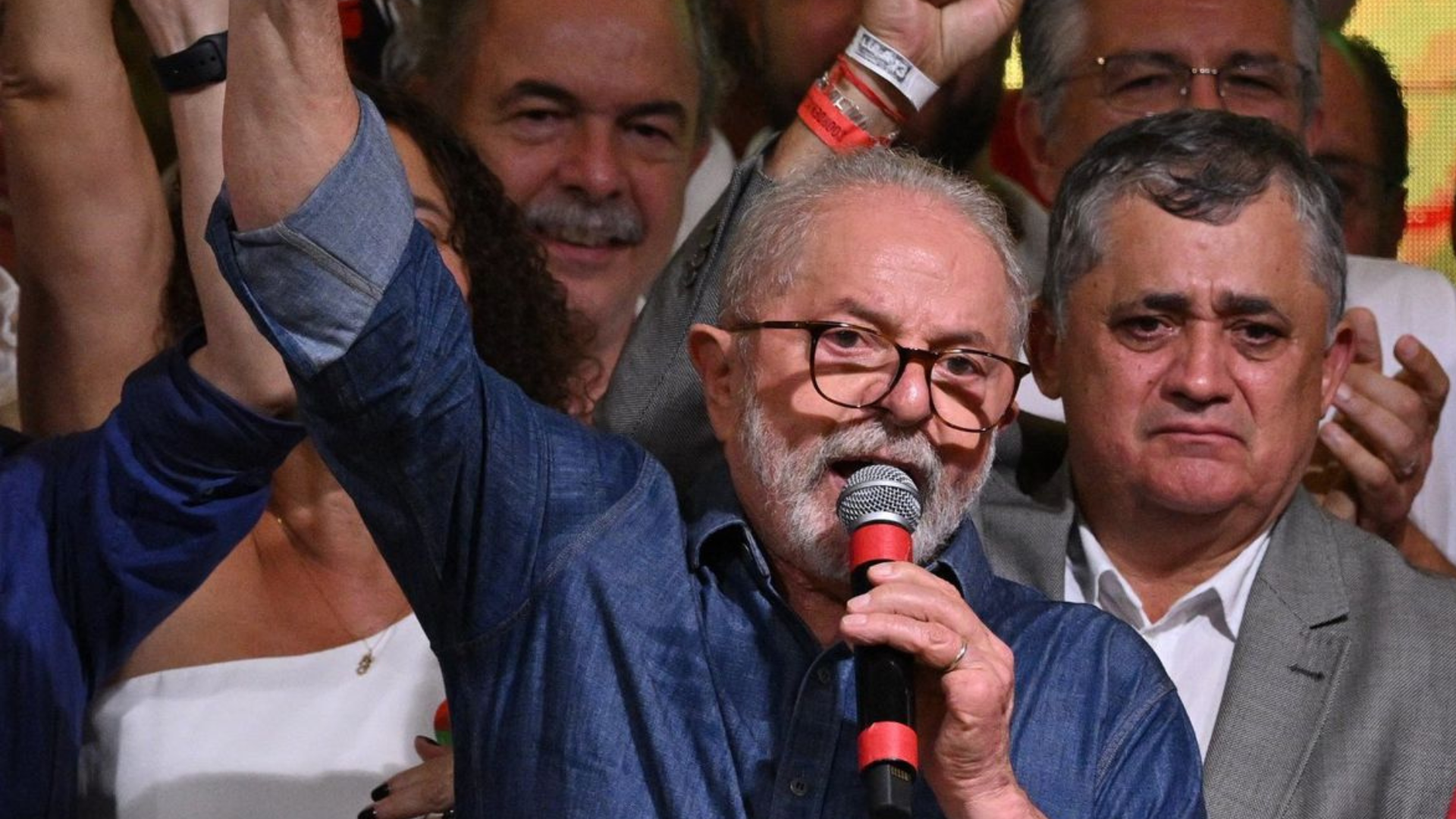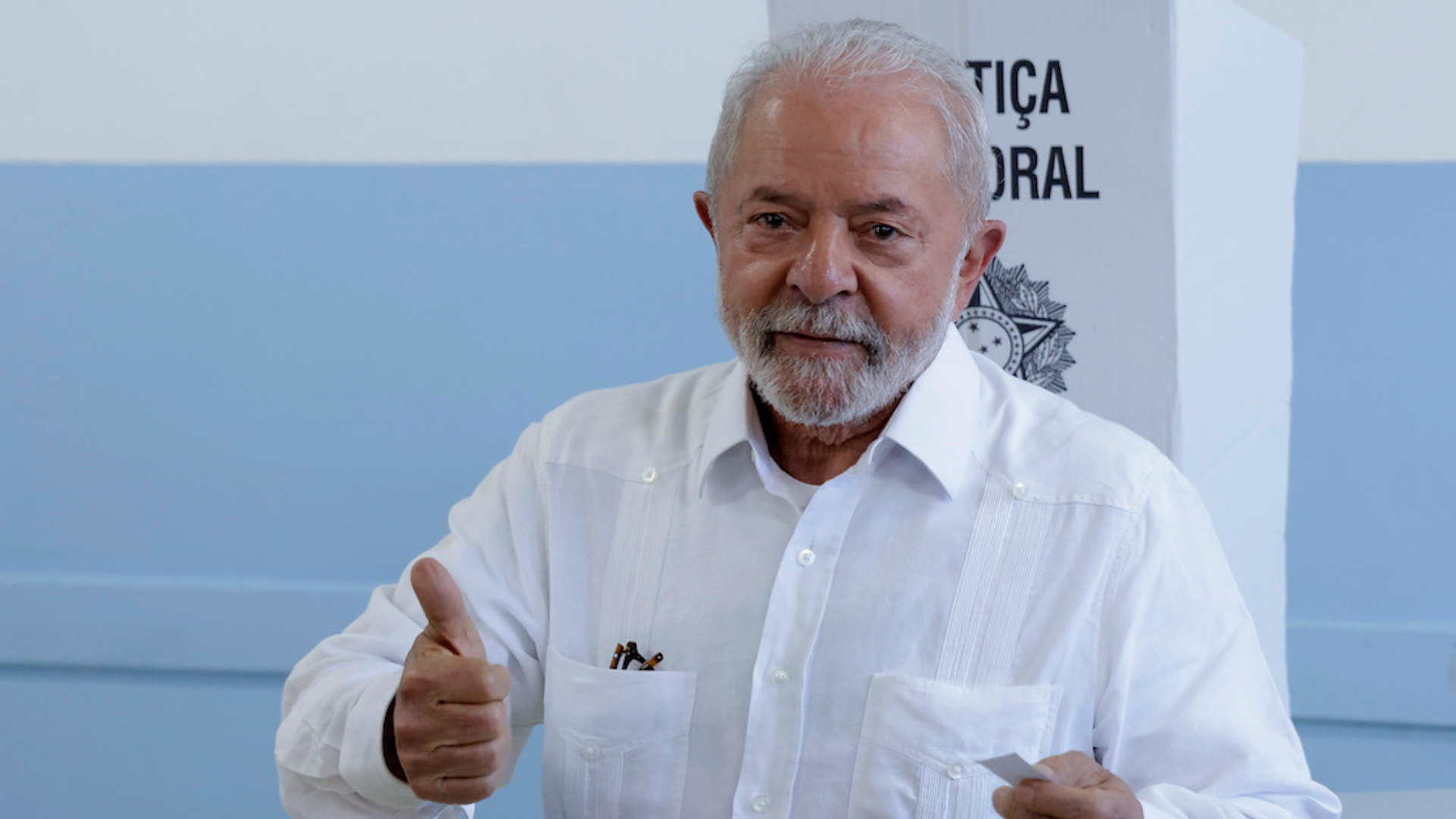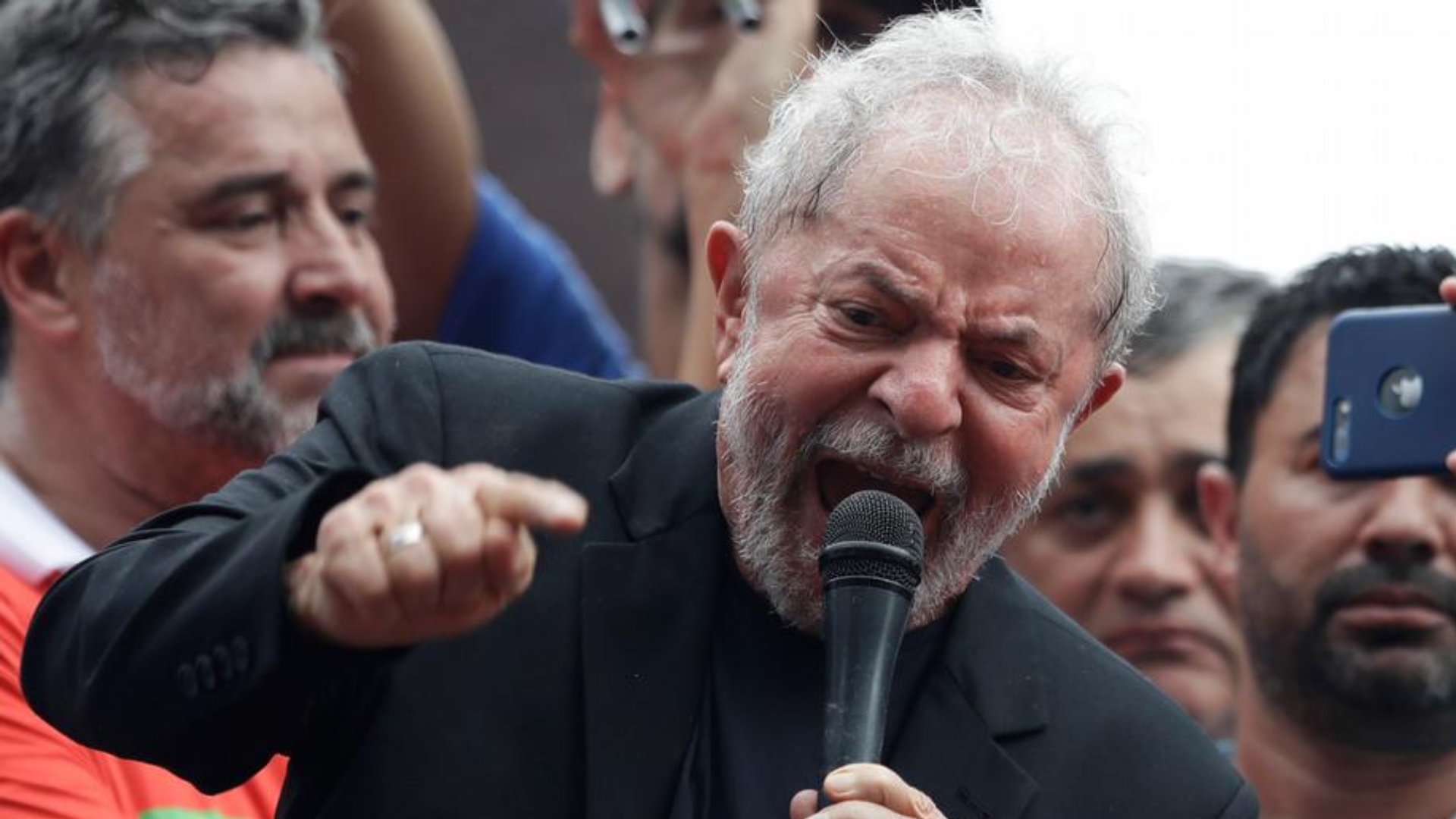Brazil Election - Lula Makes A Huge Comeback
Brazil Election has taken a turn to the left as former president Luiz Inácio Lula da Silva beat far-right incumbent Jair Bolsonaro in the presidential election. After a divisive campaign that saw two bitter rivals on opposite sides of the political spectrum go head-to-head, Lula won 50.9% of the votes. It was sufficient to defeat Jair Bolsonaro, whose supporters were confident of victory.
Author:Dexter CookeReviewer:Hajra ShannonOct 31, 2022325 Shares324.5K Views

Brazil Electionhas taken a turn to the left as former president Luiz Inácio Lula da Silva beat far-right incumbent Jair Bolsonaro in the presidential election.
After a divisive campaign that saw two bitter rivals on opposite sides of the political spectrum go head-to-head, Lula won 50.9% of the votes. It was sufficient to defeat Jair Bolsonaro, whose supporters were confident of victory.
The outcome should bring an end to a bruising and divisive election season. Instead, it puts this country of 200 million people on edge, waiting to see how Bolsonaro responds. The President, a former army captain, has spent the last year indicating that a loss in these elections would be unacceptable to him.
Brazil Election - Lula Beats Far-Right President Bolsonaro
Luiz Inácio Lula da Silva, Brazil's former leftist president, has completed an astonishing political comeback in the country's election, defeating far-right incumbent Jair Bolsonaro in one of the most significant and bruising elections in the country's history.
Silva, a former factory worker who became Brazil's first working-class president exactly 20 years ago, had 50.9% of the vote with 99.97% of the votes counted. Bolsonaro, a populist who was elected in 2018, received 49.10% of the vote.
Lula, speaking to journalists at a hotel in So Paulo, vowed to reunify his country after a toxic power struggle that has deeply divided one of the world's largest democracies.
It is a stunning comeback for a politician who was unable to run in the last presidential election in 2018 because he was imprisoned and barred from running.
Lula won the presidency for the first time in 2003, after three failed attempts, and served two terms during a heady period of commodities-fueled growth.
He received international acclaim for his efforts to alleviate poverty in one of the world's most unequal countries. However, his reputation was tainted by the Lava Jato corruption scandal, which rocked Brazil's business and political establishment, while his chosen successor, Dilma Rousseff, presided over a deep recession.
Lula was imprisoned for nearly two years before his graft charges were dropped by the Supreme Court. He has consistently claimed that the investigations were a political witch hunt. Lula's agenda is likely to face opposition in the Republican Congress.
Lula struck a conciliatory tone in his victory speech, saying he would govern for all Brazilians, not just those who voted for him.
Jair Bolsonaro has yet to accept defeat. The campaign had been tensing in part because the far-right president had questioned the reliability of Brazil's electronic voting system without providing any evidence. This fueled fears that he would refuse to accept the outcome if it went against him.
Congratulatory Message Of World's Leaders
World leaders rushed to congratulate Lula, including US President Joe Biden and the presidents of all of Brazil's South American neighbors, within hours of the result, putting pressure on Bolsonaro not to challenge it.
Since the announcement, congratulations have poured in from world leaders, including US President Joe Biden, who noted that the result came "after free, fair, and credible elections." He added that he was looking forward to working with them.
Russian President Vladimir Putin also expressed "sincere congratulations," saying the results validated Lula's "impressive political authority."
India's Prime Minister Narendra Modi expressed his desire to strengthen ties, while UK Prime Minister Rishi Sunak stated, "I look forward to working together on the issues that matter to the UK and Brazil, from growing the global economy to protecting the planet's natural resources and promoting democratic values."
Conclusion
Brazil election made Lula a stunning comeback. While Lula may be the same politician, he will be leading a very different and much more divided Brazil than the one he inherited 20 years ago. And it comes at a time of severe economic difficulty.
Furthermore, as Bolsonaro steps down, one hopes that his legacy will live on in Congress and regional politics. Whatever Lula does, he will have to deal with conservative lawmakers.

Dexter Cooke
Author
Dexter Cooke is an economist, marketing strategist, and orthopedic surgeon with over 20 years of experience crafting compelling narratives that resonate worldwide.
He holds a Journalism degree from Columbia University, an Economics background from Yale University, and a medical degree with a postdoctoral fellowship in orthopedic medicine from the Medical University of South Carolina.
Dexter’s insights into media, economics, and marketing shine through his prolific contributions to respected publications and advisory roles for influential organizations.
As an orthopedic surgeon specializing in minimally invasive knee replacement surgery and laparoscopic procedures, Dexter prioritizes patient care above all.
Outside his professional pursuits, Dexter enjoys collecting vintage watches, studying ancient civilizations, learning about astronomy, and participating in charity runs.

Hajra Shannon
Reviewer
Hajra Shannona is a highly experienced journalist with over 9 years of expertise in news writing, investigative reporting, and political analysis.
She holds a Bachelor's degree in Journalism from Columbia University and has contributed to reputable publications focusing on global affairs, human rights, and environmental sustainability.
Hajra's authoritative voice and trustworthy reporting reflect her commitment to delivering insightful news content.
Beyond journalism, she enjoys exploring new cultures through travel and pursuing outdoor photography
Latest Articles
Popular Articles

